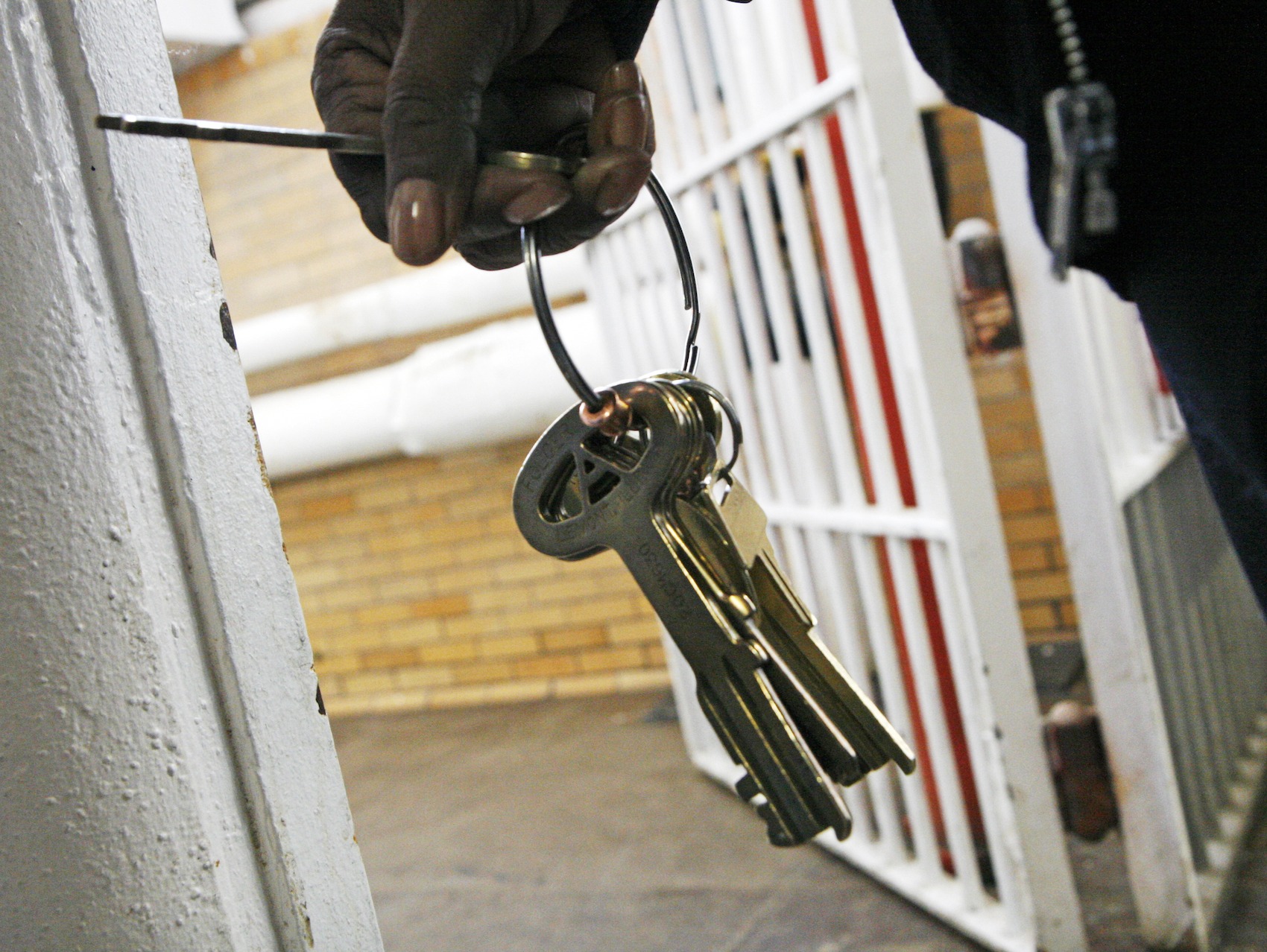Mass Clemency Is a Necessary Response to Mass Incarceration
The Point Clemency is a powerful tool for correcting the injustices of the criminal legal system. Governors who have this power should use it to immediately send thousands of people home from prison to their families and communities. Governors must use clemency to address mass criminalization and its harms: Governors should use categorical clemency, which […]

The Point
Clemency is a powerful tool for correcting the injustices of the criminal legal system. Governors who have this power should use it to immediately send thousands of people home from prison to their families and communities.
Governors must use clemency to address mass criminalization and its harms:
- Governors should use categorical clemency, which can include pardons and commutations, to reduce prison populations and clear criminal records. The ACLU’s new Redemption Campaign, for example, highlights broad categories of individuals who should be released from prison through executive clemency. Among those who should be considered for clemency are people who would be sentenced to shorter terms if convicted today, people convicted of drug distribution and possession offenses, people in prison because of technical probation or parole violations, and people who are older or medically vulnerable. Although specifics vary, most governors have some level of clemency power to reduce the harms of mass criminalization.
- Governors should ensure their clemency process is transparent and accessible. North Carolina’s governor recently came under fire for turning the state’s clemency process into what advocates say is a “black box.” The names of those seeking clemency are now kept hidden from the public, and the factors the governor will consider in granting clemency are unknown. Access to mercy should be clear, public, and a priority for every governor who holds this power.
- Governors should listen to their constituents and ignore fearmongering media and politicians. Polling shows that the public strongly supports the use of clemency as a corrective response to decades of mass incarceration. As Rachel Cohen notes in a recent Appeal article, despite those numbers, the fear of political backlash may be why so few pardons and commutations have been granted.
Executive clemency is a necessary response to the crisis of mass incarceration:
- State prisons currently incarcerate 1.3 million people. The existing, largely individualized, approach to clemency is a woefully insufficient response to this crisis. As the ACLU points out in its report, “We must transform the concept of clemency from a case-by-case extension of individual mercy into an essential systemic response to decades of racist, punitive, and degrading incarceration.”
- Clemency is a matter of racial justice. Racial disparities in policing, prosecution, and sentencing have constructed a prison system that disproportionately incarcerates Black and brown people. “Clemency is a key tool for addressing poor enforcement decisions and injustices in this system, as well as checking disparities in how different [prosecutors] enforce the law,” law professor Rachel Barkow explained in a law review article about presidential clemency power.
- Swift and significant reductions in prison populations would allow states to begin closing prisons and redirecting the savings to communities and individuals harmed by mass incarceration. Sweeping clemency efforts could help reshape state and local approaches to public safety, health, and community resources.
Dive Deeper
- The Pandemic Spurred Governors to Grant Clemency, But Advocates Say It Isn’t Enough. Despite sentencing reforms, hundreds of thousands of people who have been incarcerated over the last several decades are ineligible for parole.
- Poll: Use Clemency Power To Fight Mass Incarceration. Recent polling from Data for Progress and The Lab showed that voters support using executive clemency as a tool to reverse decades of over-incarceration.
- The Redemption Campaign (ACLU). The Redemption Campaign is a nationwide effort to liberate 50,000 people from federal and state prisons by executing campaigns that push elected officials from the president to all state governors to use their existing clemency powers in new and transformational ways.

